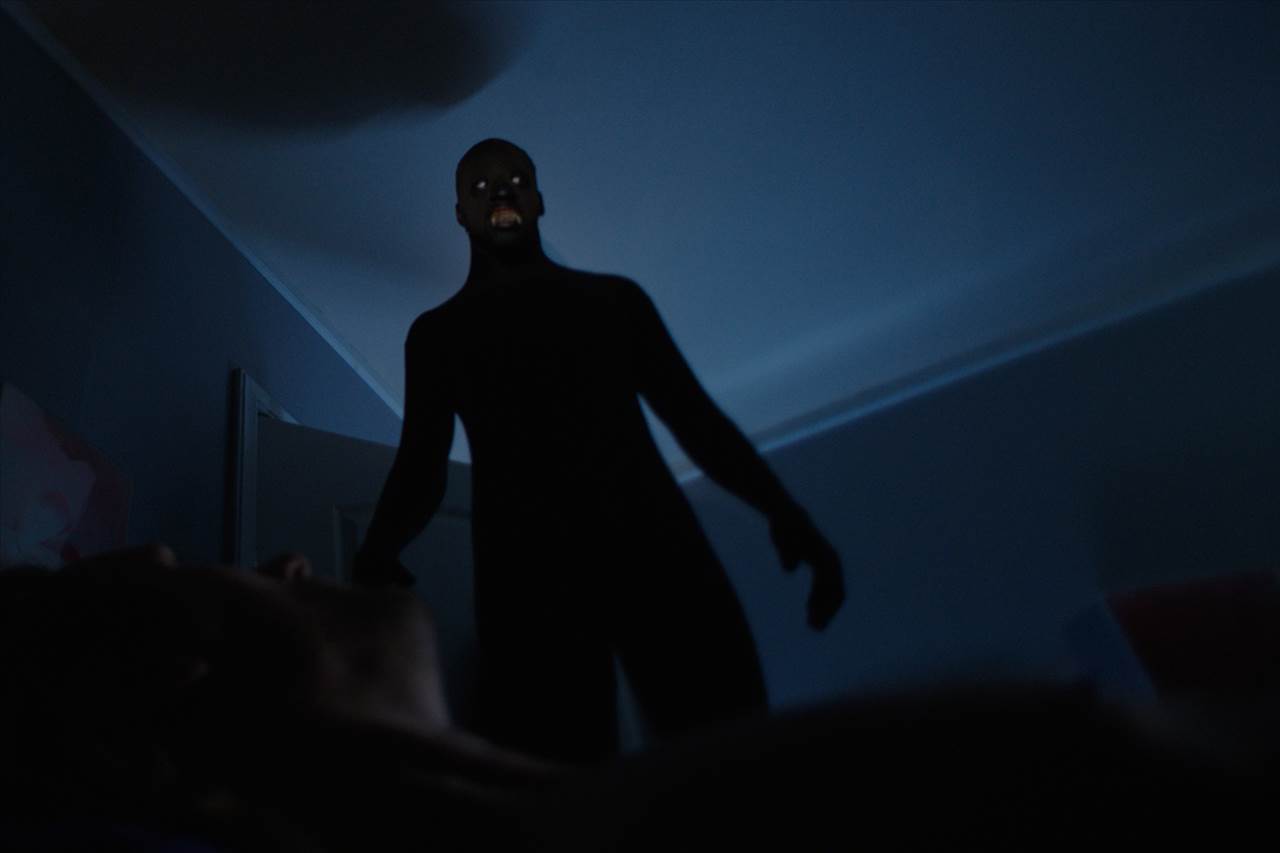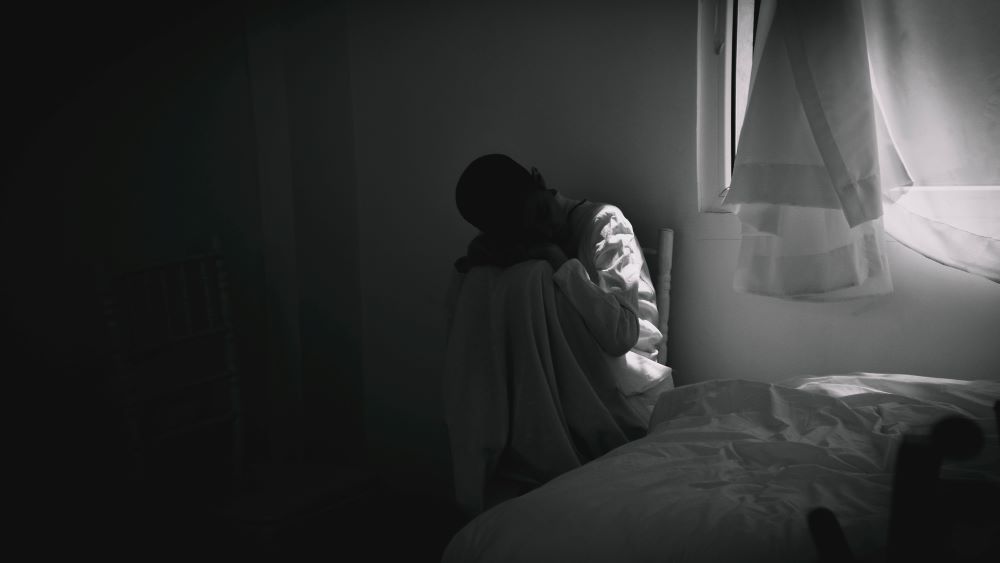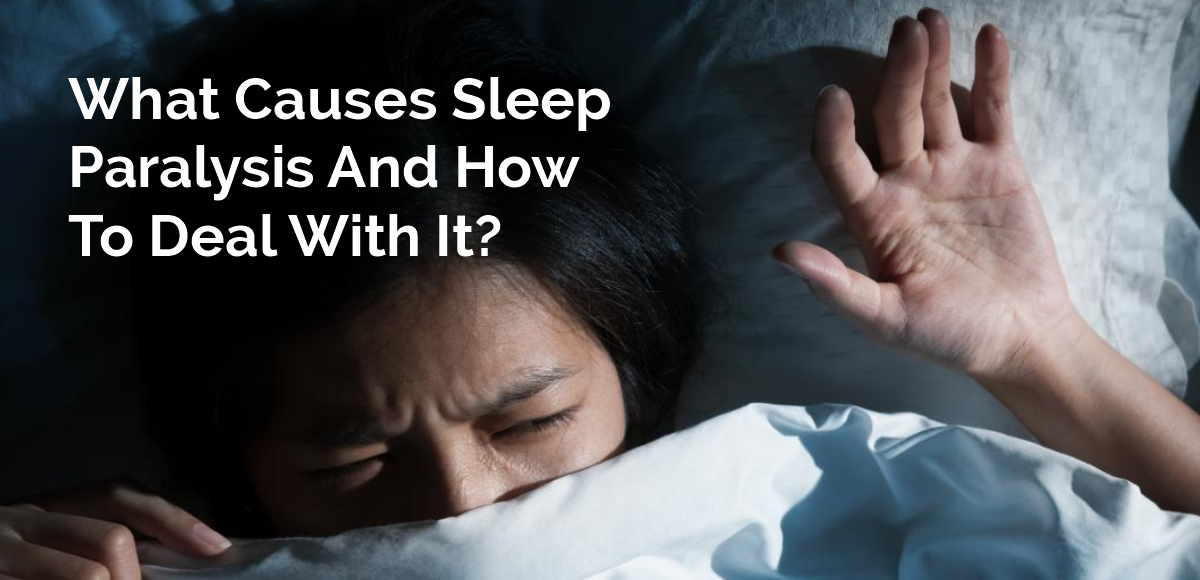Sleep paralysis is a condition where a person wakes up but finds themselves unable to move or speak. This temporary inability to control the body can be quite frightening, especially because it often comes with vivid and sometimes terrifying hallucinations. Despite the fear it induces, sleep paralysis is generally harmless. However, if it starts affecting daily life, it’s advisable to seek help from a healthcare professional.

What Is Sleep Paralysis?
Sleep paralysis occurs during the transition between sleep and wakefulness. It can happen when falling asleep (predormital or hypnagogic sleep paralysis) or when waking up (postdormital or hypnopompic sleep paralysis). During an episode, a person is conscious but unable to move or speak. This state can last anywhere from a few seconds to a couple of minutes.

Hallucinations and Experiences
Many people who experience sleep paralysis report seeing or sensing a presence in the room, often described as a shadowy figure or an ominous presence. These hallucinations can include:
– Visual hallucinations: Seeing shadows or figures.
– Auditory hallucinations: Hearing footsteps, voices, or other strange noises.
– Tactile hallucinations: Feeling pressure on the chest or being touched.
These hallucinations are products of the brain’s activity during the overlap of REM (rapid eye movement) sleep and wakefulness. They can be extremely realistic and distressing, making the experience even more frightening.

Causes of Sleep Paralysis
While the exact cause of sleep paralysis is not fully understood, several factors are believed to contribute to its occurrence:
– Sleep deprivation: Lack of adequate sleep can increase the likelihood of experiencing sleep paralysis.
– Irregular sleep schedules: Frequently changing sleep times or having an inconsistent sleep pattern can trigger episodes.
– Sleeping position: Lying on the back has been linked to a higher chance of experiencing sleep paralysis.
– Stress and anxiety: High levels of stress and anxiety can contribute to sleep disturbances, including sleep paralysis.
– Other sleep disorders: Conditions such as narcolepsy or sleep apnea are associated with higher incidences of sleep paralysis.

Coping with Sleep Paralysis
While sleep paralysis can be alarming, there are strategies to manage and reduce its occurrence:
1. Maintain a regular sleep schedule: Aim for 7-9 hours of sleep each night and try to go to bed and wake up at the same time every day.
2. Improve sleep hygiene: Create a relaxing bedtime routine, avoid caffeine and electronics before bed, and ensure your sleep environment is comfortable and free of disturbances.
3. Sleep on your side: If you typically sleep on your back, try switching to a side-sleeping position.
4. Manage stress and anxiety: Incorporate stress-relief practices into your daily routine, such as meditation, deep breathing exercises, or physical activity.
5. Seek professional help: If sleep paralysis episodes are frequent and impact your quality of life, consult a healthcare provider. They can help identify underlying causes and recommend appropriate treatments.
When to See a Doctor
While occasional sleep paralysis is not harmful, frequent episodes that interfere with daily life warrant medical attention. A healthcare professional can help determine if there are underlying conditions contributing to sleep paralysis and provide guidance on managing the symptoms.

Sleep paralysis is a distressing but typically harmless condition. Understanding its causes and implementing strategies to improve sleep habits can help reduce its occurrence. If sleep paralysis significantly disrupts your life, seeking professional advice is crucial for effective management.
References:
1. Sleep Foundation: Sleep Paralysis. https://www.sleepfoundation.org/sleep-disorders/sleep-paralysis
2. Mayo Clinic: Sleep paralysis. https://www.mayoclinic.org/diseases-conditions/sleep-paralysis/symptoms-causes/syc-20351794
3. National Health Service (NHS): Sleep Paralysis. https://www.nhs.uk/conditions/sleep-paralysis/
Reactions
Reactions
1
2
1










